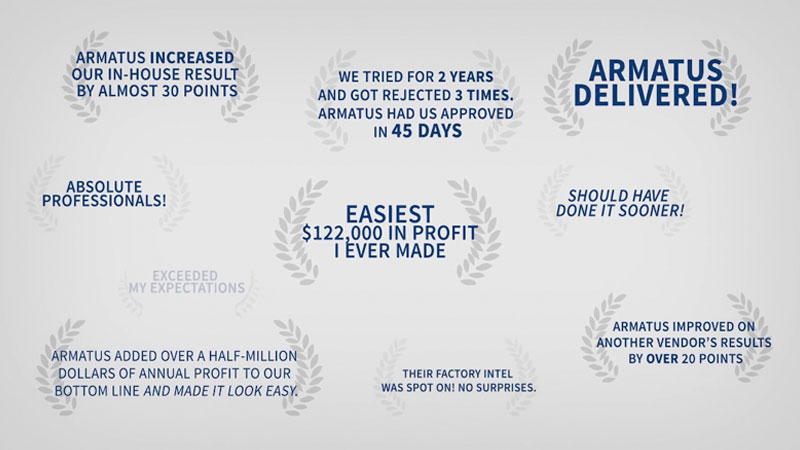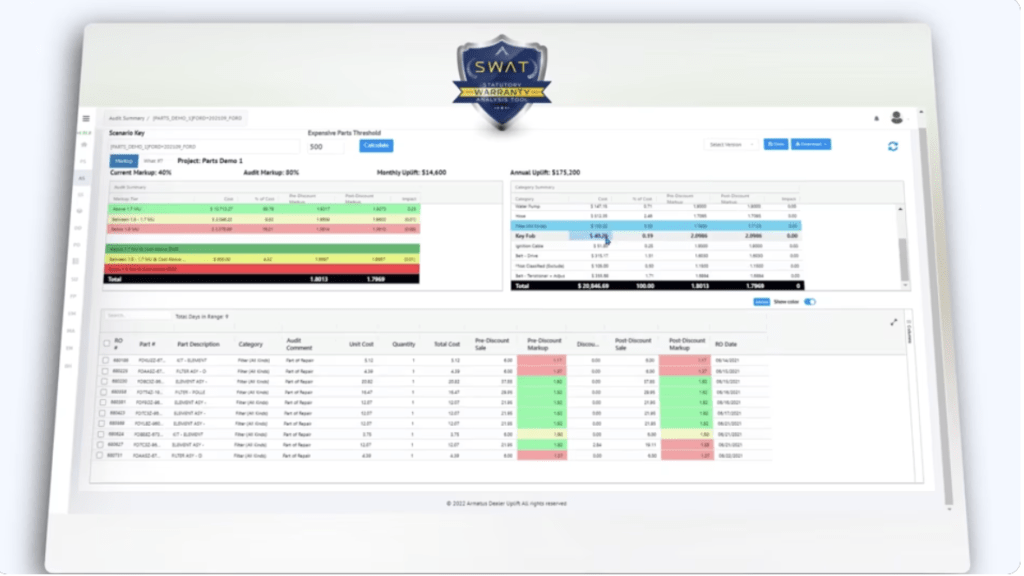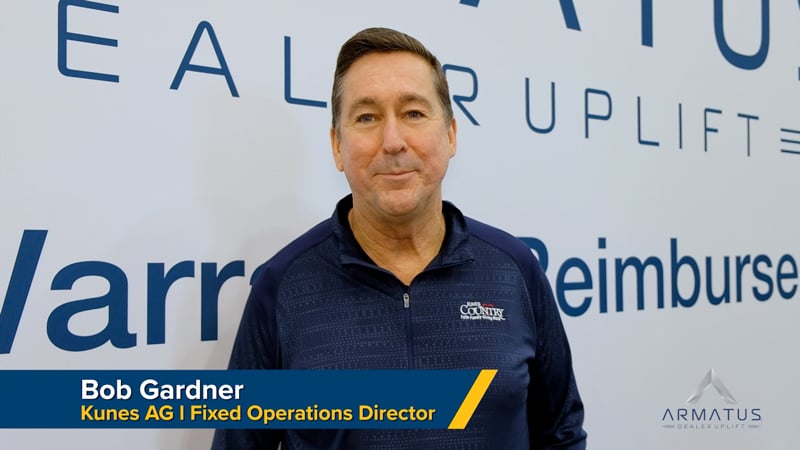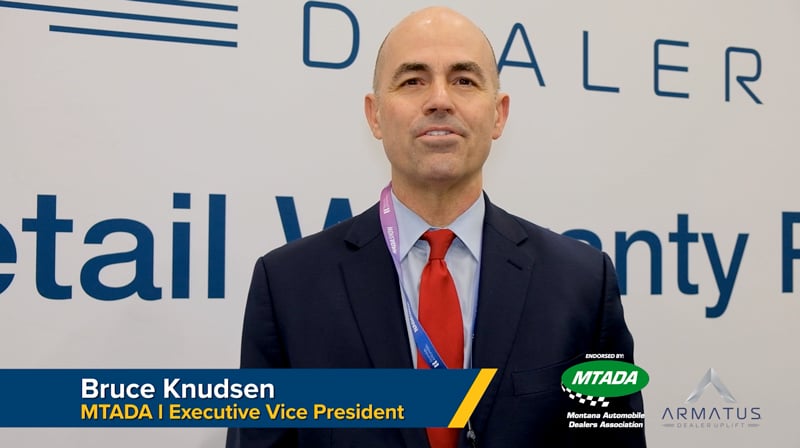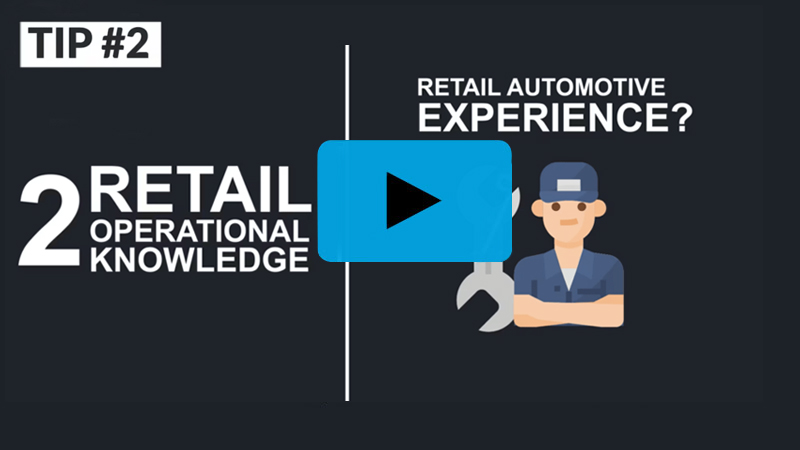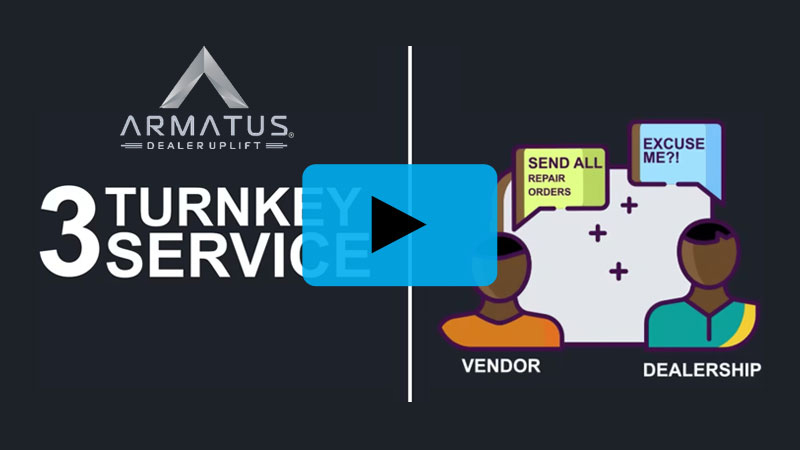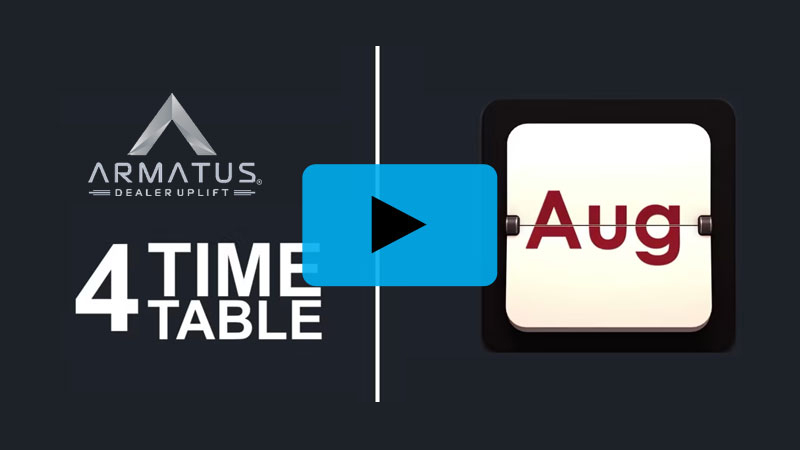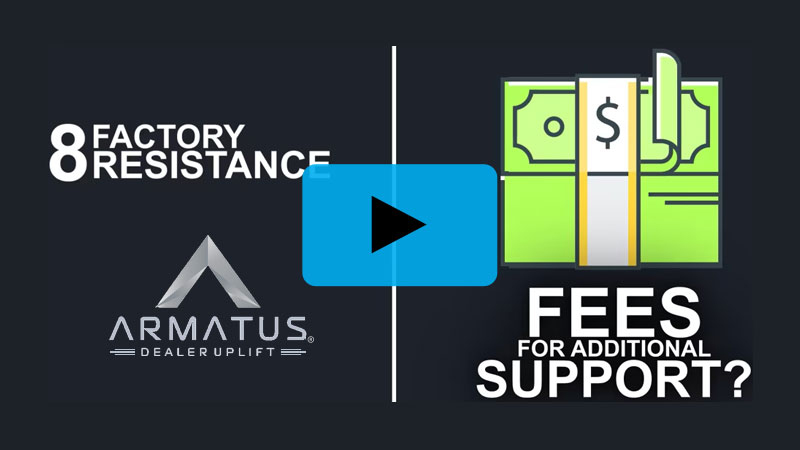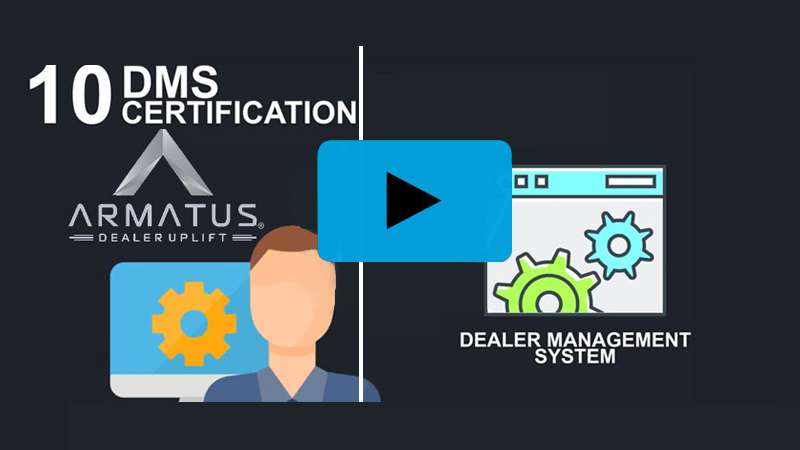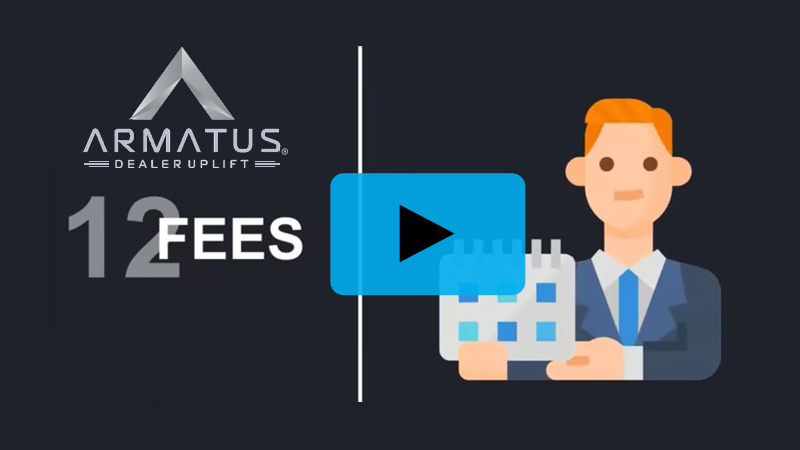 As inflation continues to impact every corner of the retail automotive industry, many manufacturers continue to offer dealers CPI-based programs to automatically increase their warranty labor reimbursement rates each year.
As inflation continues to impact every corner of the retail automotive industry, many manufacturers continue to offer dealers CPI-based programs to automatically increase their warranty labor reimbursement rates each year.
At first glance, these CPI (Consumer Price Index) programs seem like an enticing offer. After all, the programs offer annual increases tied to inflation and relieve the burden of having to submit a warranty labor rate increase each year. However, most of the time, these programs will result in a much lower warranty labor rate than your customer pay rate. Before you sign on the dotted line, it’s important to understand the real cost of settling for CPI—and how state law may entitle you too much more.
The Catch with CPI-Based Programs
CPI-based programs give the manufacturer full control over the rate increase calculation. Historically, these programs yield only 2–3% increases annually—a modest adjustment that rarely keeps pace with the real-world cost of parts, technician wages, and service department overhead.
Even more concerning: once you agree to participate in a CPI program, you may be locked out of pursuing a statutory labor rate submission for a period of time, some programs require as much as a 3-year commitment. Signing up is effectively waiving your right to pursue a more lucrative, data-driven rate under state law.
What’s the Alternative? Statutory Labor Rate Submissions
Thanks to retail warranty reimbursement laws across the country, franchised dealers have the ability to submit for warranty labor rate increases based on their actual customer-pay rates. These statutory submissions consistently outperform CPI programs, and they put control back where it belongs, in the hands of the dealer.
Every dealer should be evaluating whether it is advantageous to complete a factory or statutory labor rate submission annually; in nearly every case, a statutory submission is the dealer’s best bet to get compensated at its retail rate. On average, dealers see increases in their labor rate that translate into tens—or often hundreds—of thousands of dollars in additional annual gross profit by submitting a statutory submission. These gains are available to dealers across virtually all major brands and are typically unattainable when enrolled in a CPI Program.
Why More Dealers Are Saying “No Thanks” to Automatic Increases
CPI-based programs are designed to appear convenient—but convenience often comes at a steep long-term cost. Here’s why dealers are increasingly rejecting automatic increases in favor of statutory submissions:
- Larger Increases – Statutory rates reflect actual customer-pay averages, not arbitrary manufacturer formulas.
- Greater Profitability – Higher rates mean more gross per RO, better technician retention, and improved service absorption.
- Dealer Control – You decide when and how to pursue your rate—not the OEM.
Make an Informed Choice: Your Bottom Line Depends on It
If you’re being asked to opt into a CPI program this year, pause and evaluate your options. In most cases, a statutory labor rate submission yields significantly higher returns—and safeguards your right to be fairly compensated for the work your team performs every day.
Choosing how you increase your warranty labor rate isn’t just a paperwork decision—it’s a strategic one that directly impacts your dealership’s profitability. Don’t let convenience come at the cost of control or revenue. Before locking into a long-term CPI program, explore your statutory rights and understand what your customer-pay data truly supports. With the right guidance and a data-driven approach, you could be earning significantly more—month after month. At the end of the day, in most cases, the smarter path is the one that puts you, not the manufacturer, in the driver’s seat.

Author Bio: Jordan Jankowski is the Chief Operating Officer at Armatus Dealer Uplift. He has played a key role in consulting on 21 warranty reimbursement laws across the country and is widely considered a subject matter expert in this highly technical arena. Jordan manages a team of over 60 people, who produces thousands of retail warranty reimbursement submissions each year.
